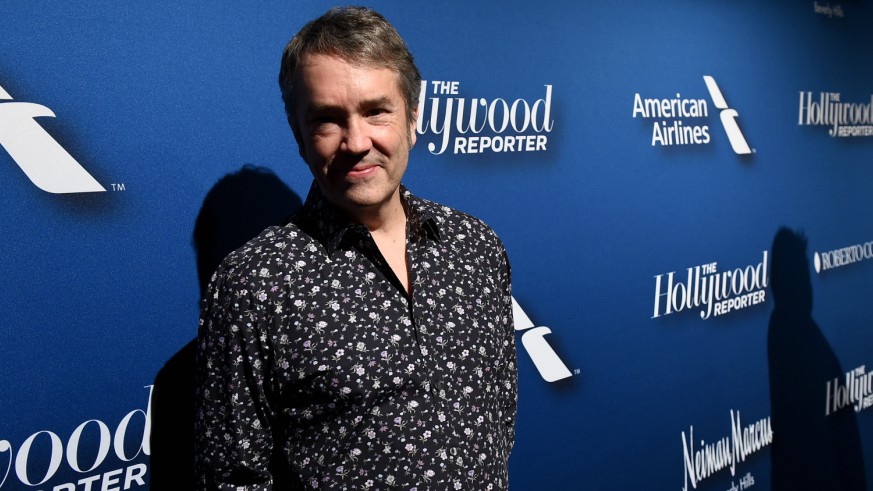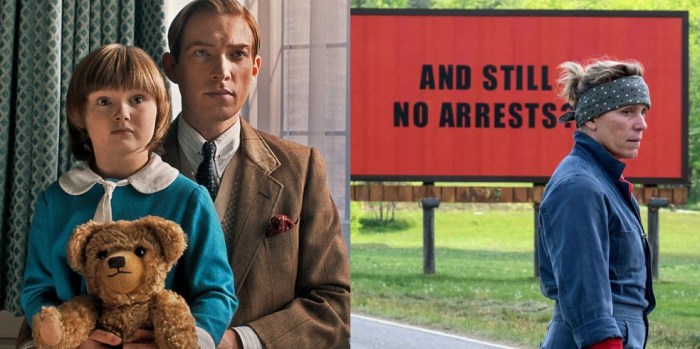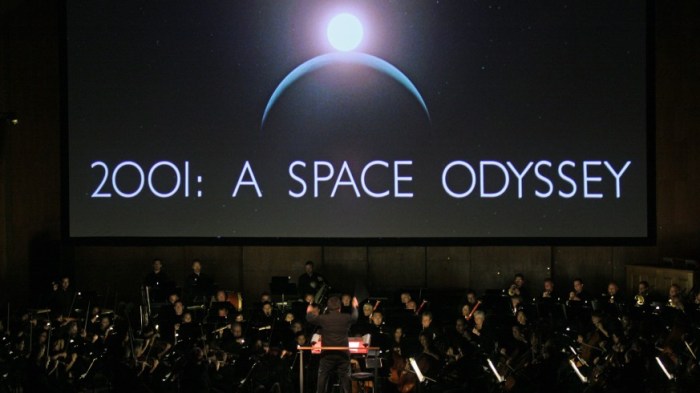While it has been impossible to pigeonhole the work of the Coen Brothers, there has been one constant throughout their careers. OK, three constants if you include each of the brothers themselves, as Carter Burwell has composed 15 out of their 17 films.
Earlier this year I had the opportunity to talk to Burwell about his work on “Three Billboards Outside Ebbing, Missouri,” and “Goodbye Christopher Robin.” But I couldn’t help but turn the conversation to the Coen Brothers, taking the opportunity to ask the “Fargo,” “Raising Arizona,” “Miller’s Crossing,” and “True Grit” composer which of his scores with the duo is his favorite.
“My opinion changes all the time. But I am always fond of ‘Fargo.’ I never grow tired of that one. I like the movie and I like the music and I think they work together in a great way. So if I had to choose one it would probably be that.”
But how did Carter Burwell actually become a composer?
“Entirely by accident. It wasn’t something I planned to do or even had an interest in. I was playing in bands in the 1980s, just as an avocation, in New York City when I was in my 20s. A musician I knew was doing sound editing for ‘Blood Simple,’ and he asked me if I was interested in doing something like that, like writing music for a film. So it was purely by accident.”
Carter Burwell and Joel and Ethan Coen, who at this point were trying to bring together their debut film, quickly hit it off.
“They were the same age as me, they were making their first film, and they showed me a rough reel of it and it looked as rough as any student film. But it had a lot of space in it, which was unlike any student film.”
“There was a discomfort to it, which was because the camera sits there while a fly is sitting on someone’s face, and it is very carefully paced. But in terms of how we got on. We were all just so young. The people who were financing the film wanted them to hire a professional, but they didn’t have any money. So in the end they hired me.”
Burwell also broke down how their collaboration usually works. “I always read the script. But we will have a conversation based on any thoughts we have. Is it a big score? Small score? Orchestra? A lot of times that is obvious, but sometimes it’s not.”
“And a lot of times that helps them to work out their budget, because they produce their films as well. So knowing if it is a big or a small orchestra, or if there is a lot of music, like 60 minutes of music or 30 or 10. I think ‘No Country For Old Men’ ended up with 13 minutes.”
“But a lot of those discussions are based on the script. I don’t really write until they have a rough edit of the film. But because we know each other so well they might just show me a rough edit of a scene, and I can start from that. I then just start sending them ideas, and when you see the music up against the picture you usually know right away whether it will work.”
It’s a strategy that has worked pretty well for the two parties over the last 33 years, and we can only hope that they continue to work alongside each other for many more to come.


















